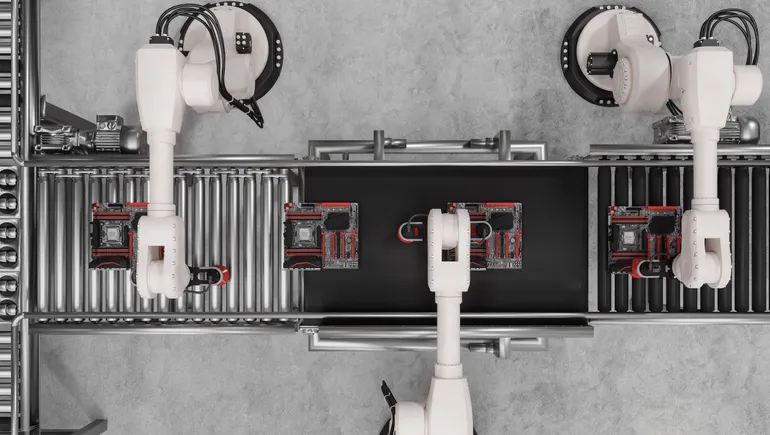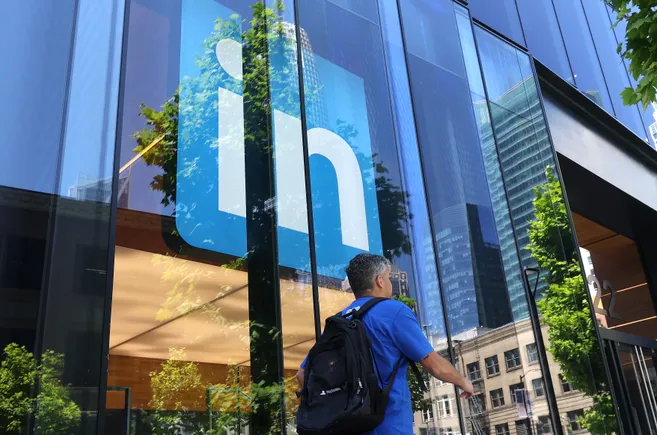Business leaders may be using artificial intelligence tools and automation to replace workers rather than invest in skills training, according to an Oct. 8 report from the British Standards Institution.
Just over two-fifths of leaders surveyed said AI is enabling headcount reduction, and 31% said their organizations consider AI solutions before considering hiring for roles. In reflection of this, BSI’s analysis of the discourse around AI implementation found that discussion of job automation “significantly overshadows” discussions of workforce development.
“This suggests companies are prioritizing AI’s role in innovation and competitive advantage, potentially overlooking the human capital implications,” according to BSI.
In addition to a poll of more than 850 business leaders, the study also used an AI-supported analysis of a data set that included the annual reports of various multinational corporations. Entry-level jobs are particularly at risk, the study indicated, with a quarter of respondents saying AI could perform most of the work of an entry-level colleague.
“AI represents an enormous opportunity for businesses globally, but as they chase greater productivity and efficiency, we must not lose sight of the fact that it is ultimately people who power progress,” Susan Taylor Martin, CEO of BSI, said in a statement. “Our research makes clear that the tension between making the most of AI and enabling a flourishing workforce is the defining challenge of our time.”
Notably, small- and medium-sized employers may become key players in upskilling, BSI said in its report. Fewer said AI is crucial to their growth compared to large companies, and only 30% of small- and medium-sized employers have cut junior roles compared to half of larger firms.
“The implication is that [small- and medium-sized employers] could become the backbone of skills development, providing greater opportunities for employment and training for Gen Z,” the report said.
Other reports have also pointed to the danger entry-level jobs and their holders may be in. For example, nearly 3 in 4 Generation Z respondents to a Zety report released in July said AI will reduce entry-level corporate job opportunities in the next five years, forcing workers to reevaluate what a “safe” career might look like.
Conversely, entry-level job seekers may not be ready for their jobs due to a lack of soft skills, signaling further need for upskilling, according to a September report from General Assembly.






Leave a Reply